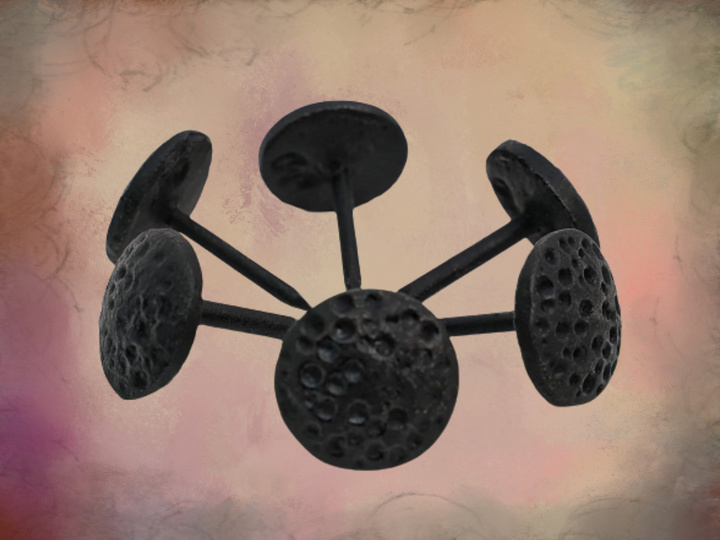Many people see the colonial-era of the country as a time when brave colonists surveyed unknown land and made names for themselves. It calls upon a time of hard work, self-reliance, and a form of independence that anyone could appreciate. Nowhere is this exemplified more than in the act of building your own home. From Square Iron Nails to the fixtures on your furniture, everything is made to fit your special image of what a home is to you.
From the home’s furnitures to just random woodworking projects you’re pursuing, using square iron nails can give it a boost in terms of style. The colonial-esque feel that pure iron nails gives can make it quite a spectacle. Even a small crate modeled after colonial and renaissance styles can catch the eye of any of your home’s guests. Why not try it out for yourself with the help of a proper historic hardware store?
Mystic Colonial has everything that you could ever need for when you’re wanting to chase a specific classical style. We specialize in providing authentic historical reproductions that will last you longer than anything at your regular historic hardware store. When it comes to nails, we’ll be telling you all about how the right nail can do wonders for your home designing project. We’ll also be showing you how colonial stylings can be blended into various other themes.
Pure Iron Nails And How It Shaped The Industrial History Of Ironworking
Surprisingly, our idea of nails and how cheap they are is a far cry from the situation that the colonists found themselves in. Pure Iron Nails were quite expensive to produce as they didn’t have the same tools as back in England. The Industrial Revolution may have been well underway but the means of transporting machinery across a vast ocean was still beyond many people.
However, blacksmiths that joined the colonists picked up the slack and created handmade nails that served to build the first structures in their new world. Most were created with cast iron and, of course, had a large variance between them due to the differing styles of each blacksmith. However, most were made to the specific needs of their client and the job they were using these nails for.
Some stories and sources even state the usage of nails as valuable trade commodities due to how scarce they could become. They’re also a frequent find in archeological dig sites every now and then. This only became more prevalent as American Ironworking capabilities became more refined throughout the years.
Why Make Square Iron Nails In The First Place?
If nails were such an important part of colonial structures, why would smiths take the time to create designs such as squares or other shapes and embeddings? This was a way to differentiate their craft from many others and could’ve been made as a request from their clients. There are many ways that nails could amplify the class of a piece of furniture and the usage of such nails would have indicated that the homeowner had a higher place in society.
Not only that, but also the fact that nails had different functions depending on their form. Take, for example, the use of farrier nails on floor boards. It could also be that the smith had used different forging techniques to create a unique look to the nails.
Blending Past And Present With A Fusion Of Different Hardware Styles
Creating a unique style for your home’s design can be tough without a source of inspiration. Many look to the past to source ideas from. This makes the colonial era a popular choice because of how easy it is to integrate into modern ideas. You could blend minimalism and contemporary choices with the rugged yet humble looks of many historical hardware options.
With Mystic Colonial, you’re assured the best items you could ever get from a historical hardware store. We’ve got sets of square iron nails and pure iron nails that you can check out and use for yourself! Visit our official website and see how an authentic look into the past can inspire innovative takes on home design.
Follow us on our social media pages: Facebook, Twitter & Pinterest.



